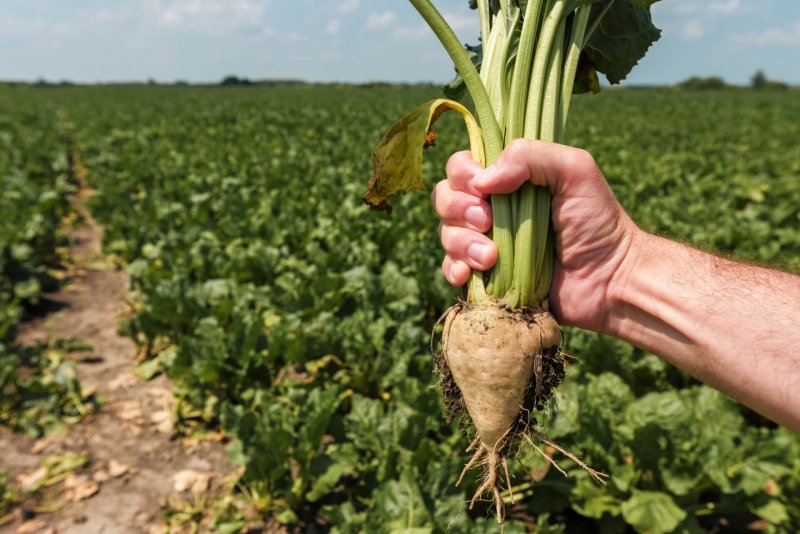Sugar beet processor British Sugar said that just over two months into the beet harvesting campaign, white sugar production is forecast at 900,000 tons, some 24.4% down on last season’s 1.19m tonnes.
…
The 3,000-plus sugar beet farmers in England who grow 103,000ha of beet have suffered from the high number of disease-carrying aphids moving into their crops in the spring and early summer which led to a yellowing of sugar beet leaves and the resultant lower yields.
This is the second season that beet growers have had to grow the crop without neonicotinoid insecticide seed treatments, and they have a limited number of sprays they can use to try to control aphids. The seed treatment provided protection against the myzus persicae (peach potato aphid) which transmits the virus for about 10-12 weeks after planting.
Neonic seed treatments are banned across the European Union, including for oilseed rape and cereals, over concerns they may kill bees and other pollinators.
France has also suffered big yield losses this season and the government there is planning a derogation to use neonic seed treatments for the 2021 season and if necessary for 2022 and 2023. Similar derogations have been announced in Belgium, Spain and Poland.
Farming unions in the UK have urged Defra secretary George Eustice to introduce a similar derogation in the UK, and beet growers could find out before Christmas whether they can use neonic-treated seed next spring.































